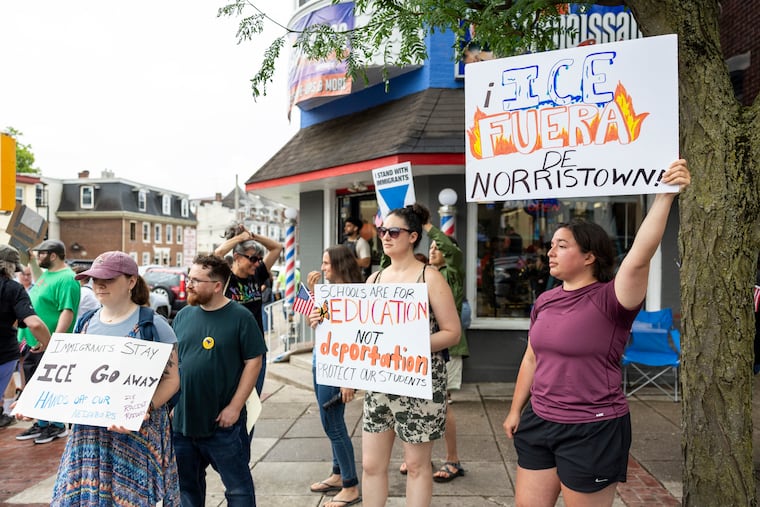Russia returns 1,200 bodies of deceased Ukrainian soldiers to Ukraine.

Russia has facilitated the repatriation of 1,200 Ukrainian soldiers’ remains to Kyiv, marking a significant milestone in humanitarian efforts since the conflict began over three years ago. This exchange occurred on Friday, result of an agreement forged during recent peace negotiations in Istanbul.
However, the situation remains complex, as Russian authorities have characterized the exchange as disproportionately favorable to Ukraine, asserting that they have not received any remains in return. Former presidential aide Vladimir Medinsky expressed concerns, alleging that Ukraine unexpectedly delayed the handover and subsequent exchanges on June 7 without providing a clear rationale.
In response, Ukraine’s Coordination Headquarters for the Treatment of Prisoners of War announced that forensic specialists would undertake the identification of the returned remains, which are believed to belong to Ukrainian military personnel. Russia previously returned another batch of remains consisting of 1,212 bodies while receiving only 27 of its soldiers’ remains in return, highlighting the ongoing complexities of military exchanges.
Despite the tensions and challenges, both nations have signaled an intention to cooperate further, agreeing to a proposal that seeks to exchange up to 6,000 bodies while prioritizing the release of critically injured prisoners of war, including those under the age of 25.
In a related development, the European Union has extended its temporary protection scheme for Ukrainian refugees, allowing them to remain within EU borders until March 2027. This decision, announced on Friday, takes into account the protracted hostilities that have caused widespread displacement across Ukraine since the onset of Russia’s invasion in February 2022. Over 4.3 million Ukrainians are enrolled in this program, with Germany, Poland, and the Czech Republic being the top host nations.
The EU’s extension reflects a commitment to humanitarian solidarity in the face of ongoing adversity, as noted by Polish Interior Minister Tomasz Siemoniak. The EU continues to demonstrate its support for affected populations, offering refuge as hostilities persist.
Meanwhile, the conflict remains heated, with heavy exchanges reported along the front lines. Casualties have continued to mount, affecting both Ukrainian and Russian communities. In Russia’s Belgorod region, authorities reported the tragic loss of a two-year-old boy due to a drone strike, illustrating the civilian impact of the ongoing military confrontation. Concurrently, Russian defense claims assert the interception of numerous Ukrainian drones, while Ukrainian officials report casualties from ongoing shelling.
As the complex dynamics of this conflict evolve, the humanitarian implications remain paramount, shaping the narratives of resilience and cooperation on both sides.
#WorldNews #MiddleEastNews






